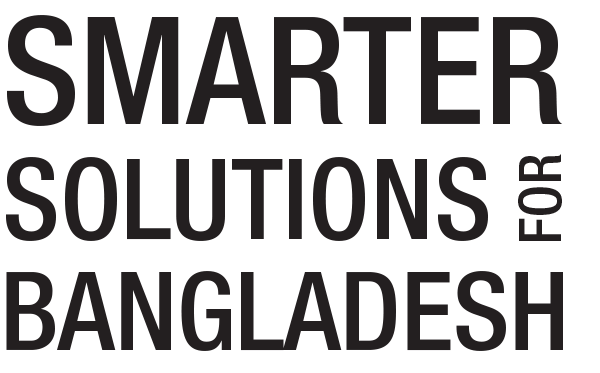Bangladesh Priorities: Indoor Air Pollution, Larsen
Rresearch by economist Bjorn Larsen suggests two principal ways to help decrease deadly air pollution inside the home: People could either burn the same biofuels that most Bangladeshi households currently use, but with smarter cookstoves that emit much less pollution, or they could change to liquefied petroleum gas (LPG), which burns much more cleanly.
| Strategy | Takas of benefits per taka spent |
|---|---|
| Liquefied petroleum gas cookstoves | 1 |
| Biomass cookstoves | 5 |
The cheapest way to improve indoor air quality is to get widespread investment in an improved biomass cookstove. This is simply an enclosed stove, often with a chimney, that reduces heat loss, protects against the wind, and transfers heat to a cooking pot more efficiently than traditional stoves or open fires. In Bangladesh, the cost of such a stove with two burners and a chimney that will last three years is about Tk 1,000 per year. This is both to cover the aggregate that needs replacement every third year, as well as some maintenance. And almost a third of the cost goes to promoting awareness of the opportunity in the first place.
The benefits are many. If all 30 million households switched to improved cookstoves, it would save more than 33,000 lives each year. And because the stoves are more efficient, each family would also save 15 minutes in cooking time and reduce fuel collection time by half each day. In total, for each Tk 1,000 spent on a better cookstove, a family will get almost Tk 5,000 in health and time savings benefits: every taka spent will do 5 takas of good.
This is an important step to improve household air quality. But it still leaves most of the problem in place—we will “only” save 33,000 of 150,000 deaths each year.
That is why we could consider a more thorough option. LPG burns very clean—almost like an electric stove. Adoption of these stoves would produce much higher benefits: it would save 91,000 lives. But, the cost of LPG is also significantly higher. In total, you would pay about Tk 12,000 for about 12,000 in benefits. So spending on LPG stoves would not be a loss, but only one taka back on the taka.
This shows that the best option can actually be an enemy of the good. In the long term, the more expensive options can be solutions. Many countries at similar income levels as Bangladesh have adopted modern cooking fuels such as LPG at substantially higher rates. But for now, cheaper options, despite helping less in absolute terms, can be a much better way to help everyone.

